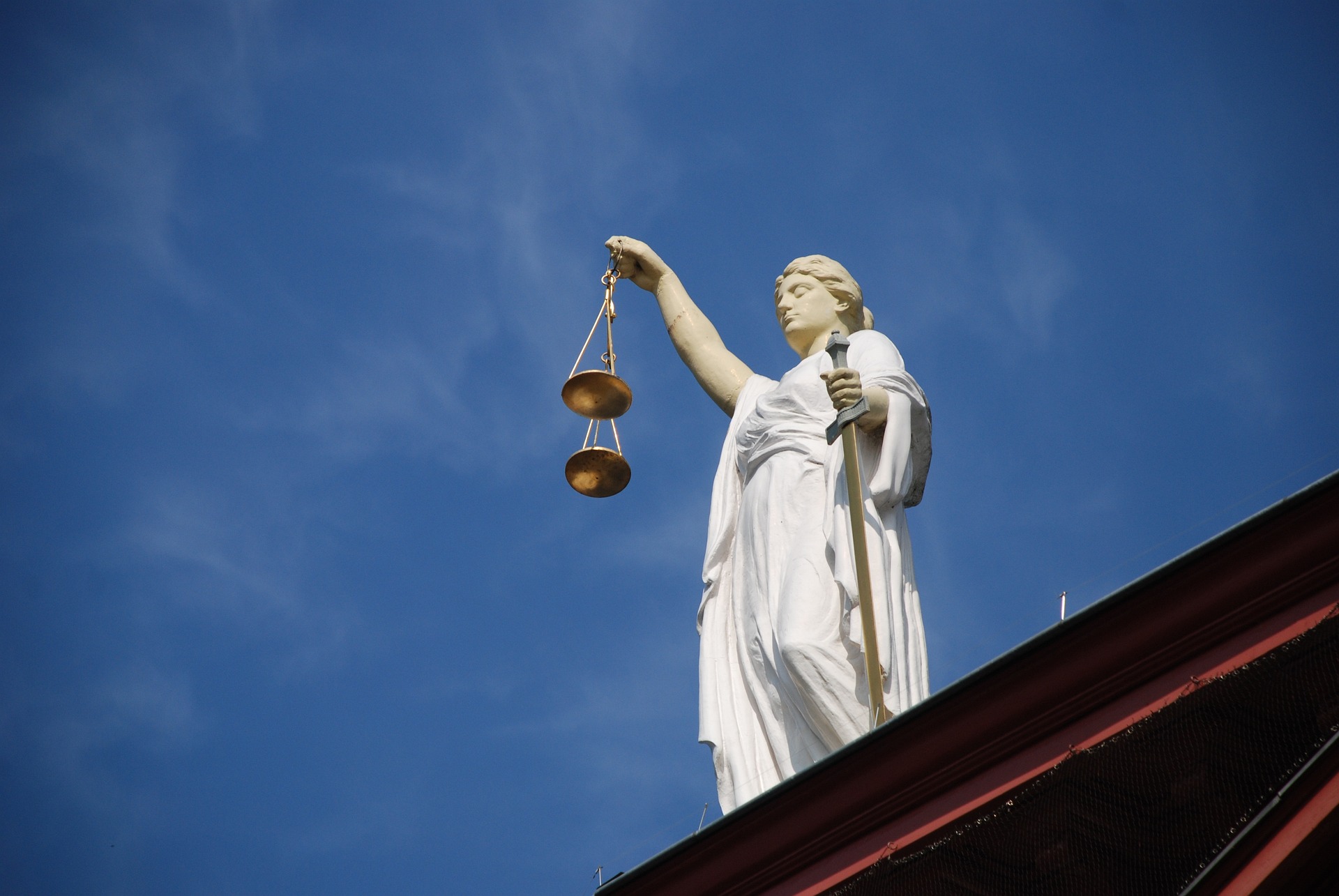"Judicial Review: A Double-edged Sword in Democracy"
The first paragraph: Judicial review, the power of the judiciary to declare laws and government actions unconstitutional, is a fundamental part of democratic governance. However, this power, which is considered an essential check on legislative and executive branches, can also be seen as a double-edged sword. This article delves into the complexities of judicial review, its historical development, recent legal debates surrounding it, and its profound societal implications.

The Genesis of Judicial Review
Judicial review traces its roots back to the landmark case Marbury v. Madison in 1803, where the Supreme Court of the United States first asserted its authority to review and invalidate government actions conflicting with the Constitution. The doctrine of judicial review, while not explicitly mentioned in the Constitution, was thus born, significantly empowering the judiciary.
Judicial Review in Modern Times
Throughout history, judicial review has served as a crucial tool for upholding rights and ensuring governmental accountability. However, in recent times, criticism has grown around its potential misuse. Critics argue that it can lead to an undemocratic concentration of power in the courts, letting unelected judges overrule democratically elected representatives.
The Current Legal Discourse
Modern legal discourse around judicial review reveals a split in opinion. Many believe that it provides a necessary check on government power, while others see it as a mechanism that infringes upon democratic principles. Regardless of these differing views, judicial review continues to play an essential role in interpreting and shaping laws and government actions.
Implications of Judicial Review
The implications of judicial review are far-reaching. On one hand, it serves as a protector of constitutional rights, ensuring that no law or government action infringes upon these rights. On the other hand, it can potentially lead to an imbalance of power, with the judiciary having the final say on the constitutionality of laws, which some argue should rest with the people.
The Balance of Power
Judicial review highlights the delicate balance of power within a democratic system. It underscores the need for a judicial system that is independent, fair, and accountable. As debates around its role and impact continue, it is essential to remember that the power of judicial review must be exercised judiciously, with the utmost respect for democratic principles.
Every democratic system grapples with the complexities of judicial review. While it serves an essential role in maintaining checks and balances, it also carries the risk of overstepping democratic boundaries. As such, it is crucial for legal scholars, policymakers, and citizens to continually engage in constructive dialogue about the role and reach of judicial review, to ensure the preservation of democratic values.




